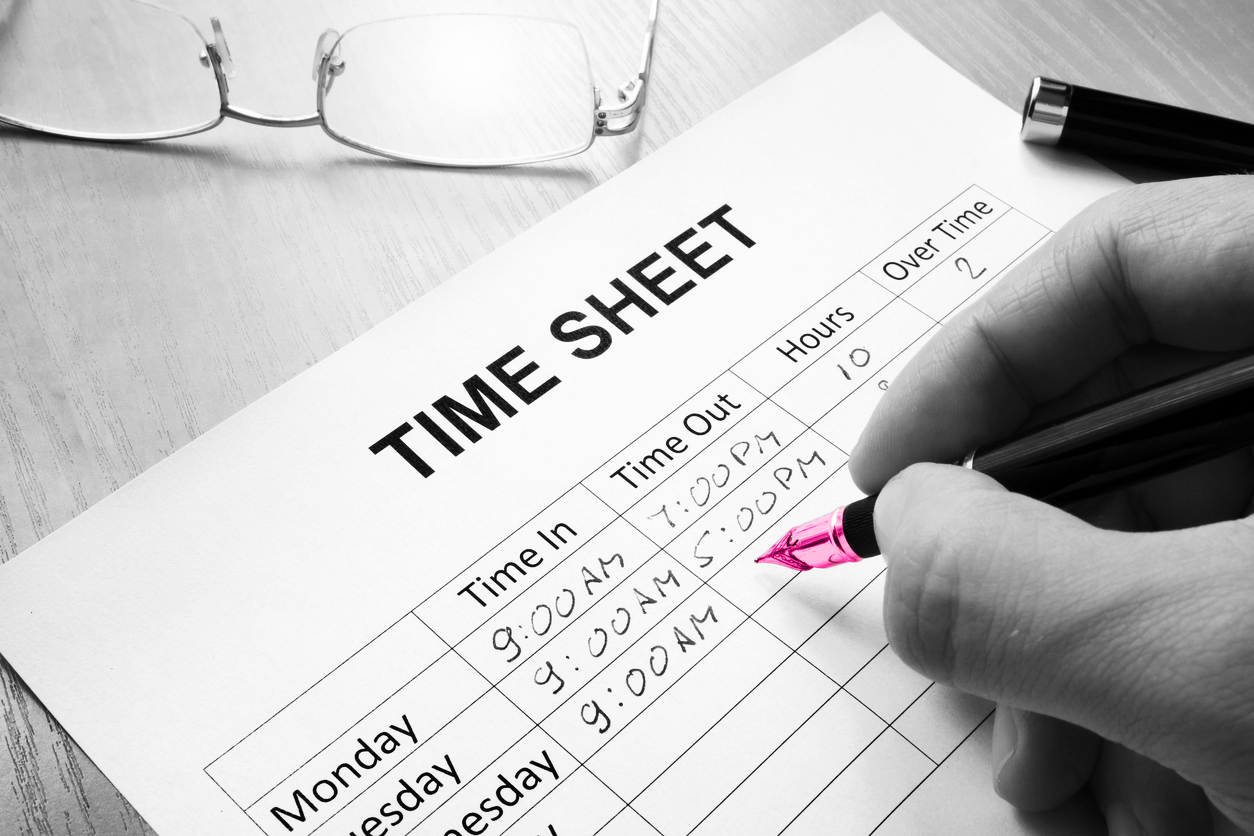The importance of an Executor
If you have made a Will you should have appointed one or more people to act as your Executor. Maybe you have been appointed as an Executor yourself. In either case, you will appreciate the vital role an Executor plays in the administration of an estate. Careful consideration is needed before you decide who you want to appoint as your Executor or before agreeing to act as an Executor yourself.
What does an Executor do?
An Executor is responsible for gathering together details of the deceased person’s assets such as property, investments, shares, life policies, etc. and all of their liabilities such as mortgages, loans and credit cards. All liabilities must be re-paid from the estate and the net proceeds distributed in accordance with the terms of the deceased’s Will.
Quite often an Executor is required to obtain a Grant of Probate (a sealed court document) before they can take many of the practical steps needed to administer an estate. The application to the Probate Registry for the Grant of Probate can be challenging, particularly if the deceased’s financial arrangements are not straight forward.
If a persons estate exceeds £325,000.00 in value, Inheritance Tax might also be payable and the Executor will be responsible to ensure the correct amount of tax is paid from the estate.
Once the Grant of Probate has been obtained there will be assets to sell or cash in and debts to pay before the estate can be distributed in accordance with the Will. It can be a complicated and time consuming process with a typical estate taking several months to deal with.
Personal Liability
An Executor has a number of duties and obligations to the beneficiary of a deceased’s estate. Worryingly, any mistakes made by an Executor in carrying out their duty can lead to them becoming personally liable, e.g. failing to pay off all the debts of an estate or distributing the estate incorrectly among the beneficiaries.
If an Executor is unsure about their duties or obligations they should always seek proper legal advice from fully trained and experienced probate lawyers. We will be on hand to guide you through the often difficult process of administering an estate, helping to avoid common pitfalls and relieving some of the burden of responsibility.
Who should I appoint as Executor?
You can appoint more than one Executor in your Will but it must always be a person that you can trust. A close friend or family member is an obvious choice but you should ensure it is someone who is comfortable with taking on the responsibility of an Executorship. Also consider whether your Executors will be able to work together. Disagreements between Executors can lead to delays and increased legal costs.
You may wish to appoint a professional Executor such as a Bank. However, before doing so you should always discuss the level of their charges. It can sometimes be an expensive option with some High Street Banks charging a percentage of the value of an estate. If you do not check carefully the charges that such a professional Executor would make before agreeing to appoint them it may prove to be a mistake that your beneficiaries end up paying a high price for.
Related Articles
Recommended By The Legal 500 Directory*
*We are recommended for the following practice areas: Corporate and Commercial, Debt Recovery, Employment, Personal Injury: Claimant, Agriculture and Estates, Contentious Trusts and Probate, Family, Personal Tax, Trusts and Probate & Commercial Property.
ServicesContact
















